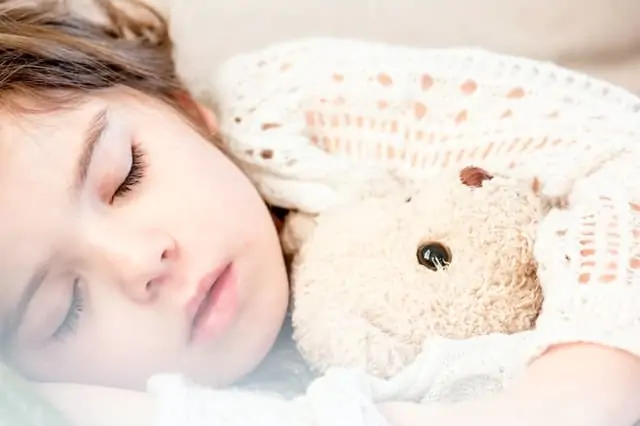
When most people think about teeth grinding, they may immediately think of stressed-out adults grinding away aimlessly or throughout the night. However, it’s also possible for children to have this tooth-grinding habit. If it’s not treated, tooth grinding can lead to dental problems. So how do you help your child stop grinding their teeth? Let your pediatric dentist in Long Island help.
Bruxism Blues
The technical term for teeth grinding is bruxism. When someone has bruxism, they repeatedly grind or clench their teeth together, sometimes unconsciously without even knowing it. In fact, many people grind their teeth while they’re asleep, including kids. According to the Sleep Foundation, anywhere between 14% and 20% of kids under 11 grind their teeth at night. Constant bruxism can lead to:
The good news is that when sleep bruxism occurs in children it often goes away on its own as they grow up. But if your child is a grinder and you notice tooth damage, it’s best to schedule an appointment with your Long Island pediatric dentist.
Treating Bruxism
Even though many children will stop grinding their teeth on their own, there are things parents and caregivers can do to help. But figuring out the best way to get your child to stop grinding their teeth can depend on what’s causing the grinding to begin with. While experts don’t always know why bruxism occurs, some possible causes can include:
One of the best ways to help your child stop grinding his teeth is to help him relax before bedtime. Take a lavender bath, read a book, or listen to soothing music. It’s also important to talk with your child about things that may be bothering him and causing stress. If these don’t seem to help, talk with your pediatrician or dentist for help. Your pediatric dentist in Long Island may be able to fit your child with a custom mouthguard designed to be worn at night to protect his teeth while he sleeps.
Now, it’s important to know that bruxism caused by tooth development is a natural reaction and usually can’t be prevented. The habit should resolve itself but if it doesn’t, see your child’s dentist for more information and help.
Signs of Bruxism in Kids
Oftentimes, bruxism is difficult to diagnose in kids because there may be no symptoms. However, many parents of bruxism kids note that the sound alone is enough to know that something isn’t quite right. Kids may also complain of a sore jaw, earaches, headaches, or pain while chewing.
When it comes to teeth grinding and kids, it’s all about doing everything you can to help your child relax. But it’s also important to monitor your child to make sure they kick the habit as they grow up. If they don’t, it can lead to lifetime problems and bigger dental problems. Make sure to see your pediatric dentist in Long Island at least twice a year to monitor oral health.